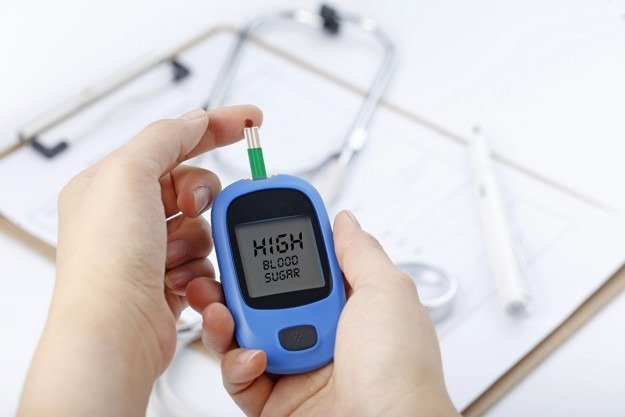A new study has revealed that economically active men in Hong Kong who skip regular health check-ups face a significantly higher risk of undiagnosed diabetes, shedding light on a hidden health crisis in one of the world’s most urbanised cities. Conducted by researchers from the Chinese University of Hong Kong, the research highlights how social and lifestyle factors can leave certain groups vulnerable to this chronic condition, often without them even knowing it.
The study, published in the journal BMC Public Health, drew on data from the Hong Kong Population Health Survey, carried out between 2014 and 2015. It involved over 2,000 participants, including 101 cases of undiagnosed diabetes and 98 recently diagnosed cases, compared against a larger group without the condition. Researchers defined undiagnosed diabetes as having elevated blood glucose or HbA1c levels without a prior doctor’s diagnosis, a state linked to worse health outcomes than diagnosed diabetes due to delayed treatment.
Men who were economically active, meaning they earned income from a job or business, emerged as a key at-risk group, particularly if they did not attend regular medical check-ups. The study found these men were more than three times as likely to have undiagnosed diabetes compared to those without the condition. Lower household income further increased the risk, with men earning less than the city’s median wage showing a higher likelihood of going undiagnosed. In contrast, men with higher incomes were less prone, suggesting that financial stability might enable better access to healthcare or healthier lifestyles.
Age also played a role, with those aged 35 to 44 showing a strikingly elevated risk compared to younger adults. Housing type offered another clue: individuals living in subsidised sale flats, a middle ground between public rental housing and pricey private properties, were twice as likely to have undiagnosed diabetes than those in public rentals. This points to a socio-economic pattern where the working class, burdened by housing costs and long hours, might neglect health monitoring.
Interestingly, physical activity levels among those with undiagnosed diabetes matched those of healthy individuals, but the type of activity differed. Their exercise came mostly from work or commuting rather than recreational pursuits, hinting that not all physical activity offers the same protective benefits against diabetes. The researchers called for more investigation into how different forms of exercise affect diabetes risk.
Hong Kong’s high rate of undiagnosed diabetes, previously estimated at over 50 per cent, mirrors trends in other urban centres, but this study pinpoints specific groups for intervention. The findings suggest that workplace screening programmes could be a game-changer, especially for busy men in their thirties and forties who rarely visit a doctor. As diabetes can lead to heart disease, kidney failure, and nerve damage if unchecked, catching it early is crucial. This research offers a roadmap for public health officials to tackle a growing problem in a city where fast-paced living often comes at a cost to health.
This article was written by Psychreg News Team from www.psychreg.org
Source link




